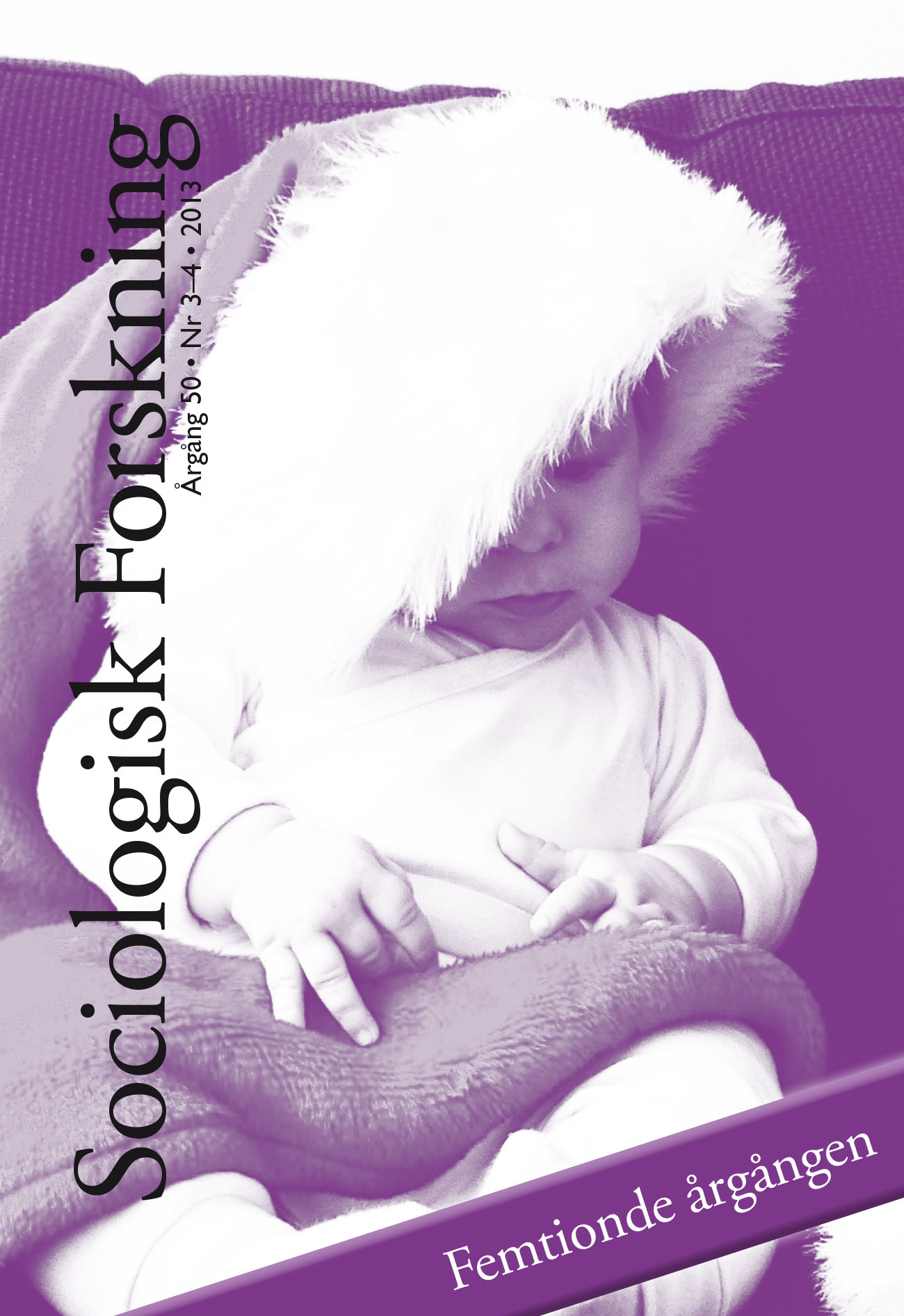Biopolitik, civilsamfund og ’politisk eskatologi’
Foucaults mistillid over for befolkningens indre kræfter
DOI:
https://doi.org/10.37062/sf.50.18383Nyckelord:
Foucault, civil society, biopolitics, political eschatology, the stateAbstract
Biopolitics, Civil Society and Political Eschatology: Foucault’s distrust in the population’s inherent forces
Michel Foucault’s scepticism toward discourses on the organic vitality of populations is not only explainable by his attention to the dark ‘underside of biopolitics – the risks of persecution of individuals, who threaten the population’s vitality from the inside. Moreover, it should be understood in light of Foucault’s acute sensitivity to the deep-seated, conflict-ridden nature of the population in terms of its inherent potential for cultural clashes, violent struggles, suspicions, hatred, or, in short, the perpetual conflicts of civil society. Foucault’s work led him to a position of ambiguous support for the state and to a more evident distrust in the forces of the population. He used the term “political eschatologies” about antipolitical visions that pronounce the end of politics in a final accord where social contradictions dissolve and the community will prevail over the state. Foucault played on the religious significations of the term, especially in regard to the religious, fanatic rejection of the duality between state and civil society, a rejection that rests on the belief in a completion of historical and political time and the final salvation of all in “the city of God”. The article demonstrates Foucault’s highly ambiguous view of civil society, it examines his discussion Ferguson’s work on civil society, and it considers Foucault’s use of the term “political eschatologies” to indicate the dangers of extreme, anti-state, political movements. It challenges the image of Foucault as an unequivocal proponent of grass roots and identity politics.
Downloads
Publicerad
Referera så här
Nummer
Sektion
Licens
Allt material i Sociologisk Forskning publiceras med omedelbar öppen tillgång (open access), under Creative Commons-licensen CC BY-NC-ND 4.0.
Allt innehåll i tidskriften är fritt tillgängligt utan kostnad och får för icke-kommersiella syften fritt läsas, laddas ned, kopieras, delas, skrivas ut och länkas. Innehållet får dock inte ändras. När innehållet används måste författare och källa anges. Upphovsrätten till innehållet tillhör respektive författare. Inga publiceringsavgifter tas ut.





